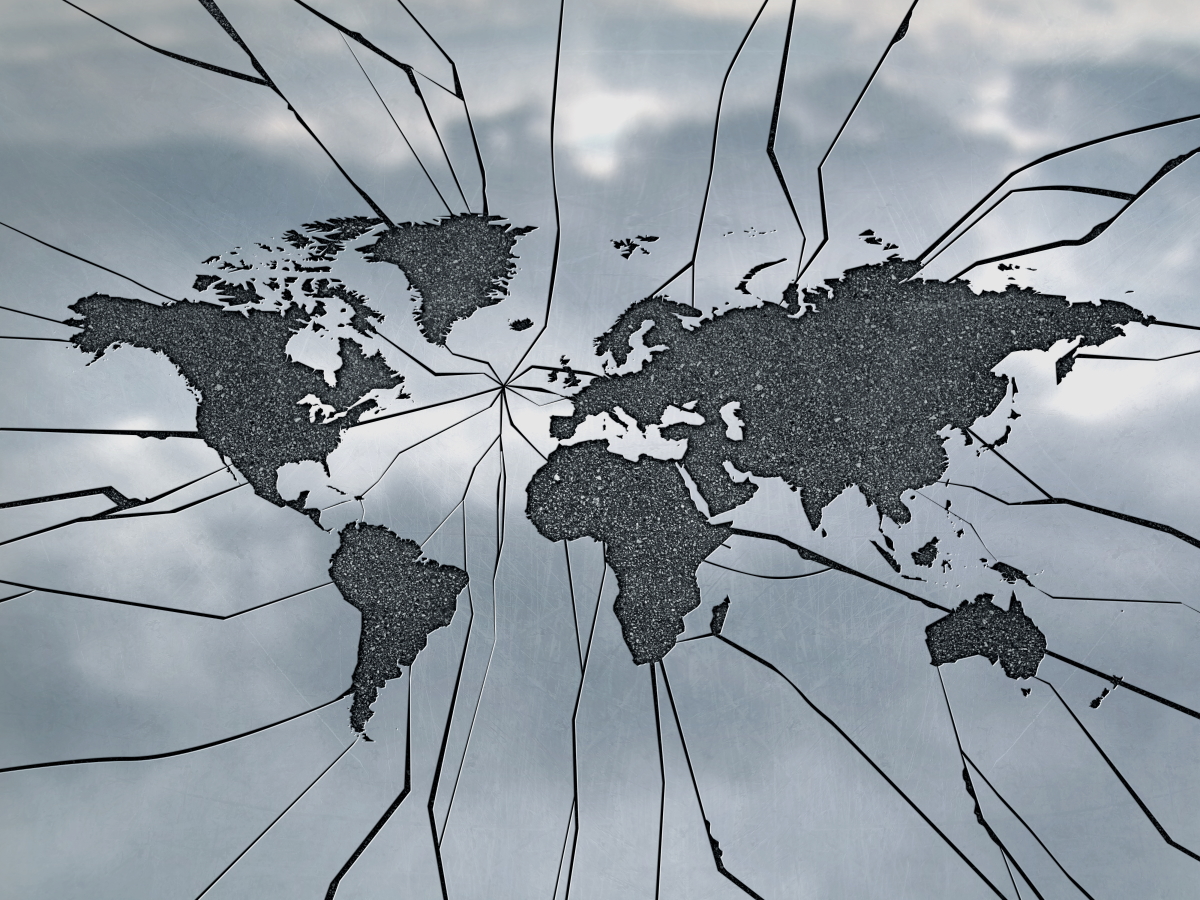The past two years had proven to be quite a rollercoaster ride worldwide. From a Covid-19-induced economic slump, to recovery for most markets, to downhill again following the Russian-Ukraine war. And there might be more surprises ahead. Charles Schwab lists five potential global risks 2023 for investors to be aware of.
1) China’s reopening: The undergoing reopening in China might instigate economic growth fueled by consumer spending after years of restrictions. “This could translate to an upside risk to earnings estimates for companies with China sales exposure, but more importantly it could also drive a rebound in global inflation for both commodities and goods. The timing is not ideal,” writes Jeffrey Kleintop, Charles Schwab’s Chief Global Investment Strategist.
2) Central banks overtighten: Despite turning away from an aggressive pace of rate hikes, the asset manager sees signs that major central banks are not yet finished, for example, the Fed and ECB. As per Kleintop, “major central banks overtightening monetary policy by taking rates too high (after leaving them too low for too long), presents a downside risk to the market’s expectation of a mild recession extending into early 2023”.
3) Russia-Ukraine war broadening: While the markets are hopeful that the war in Ukraine might move towards negotiation, a further escalation is at risk. Kleintop says any move by Ukraine to retake Crimea “may be Putin’s red line”. Any escalation by Russia – attacking civilian infrastructure, using prohibited weapons, strikes on neighbouring countries – could draw others (NATO members), into the conflict.
4) Mortgage shock: Mortgage rates have increased across the globe in 2022 and households without long-term fixed rate financing face steep increases in their monthly mortgage payments. Pared with a lingering global recession, defaults may raise by lowering consumers’ ability to repay. Charles Schwab expects a significantly greater risk of mortgage shocks in the United Kingdom, Norway and New Zealand.
5) European energy crisis: The situation on the European energy market is still tight, even if adequate reserves, conservation of gas use, and new Liquid Natural Gas (LNG) contracts have reduced risks. However, Charles Schwab warns that Europe’s gas supply situation remains fragile: “A cold winter globally could result in increased consumption of gas combined with reduced availability of gas exports from the U.S., prompting shutdowns for Europe’s industrial and automotive businesses.”
Charles Schwab advises investors to be prepared for either of the listed global risks in 2023 and adds that other factors like China -U.S. relations, reemerging pandemic, adverse weather conditions and cyberattacks might also disrupt markets in 2023.
Read the full insight here.
Read more

T. Rowe Price
Why US Treasuries may no longer be a safe haven
US Treasuries recent performance has fallen short of expectations.

Candriam
The euro bond market is back in focus
Rising yields and shifting fiscal dynamics are bringing the euro bond market back into focus.

Lombard Odier
EM equities – potential opportunities amid challenges
EM equities face renewed pressure amid US trade policy shifts, slowing growth, and investor outflows.

US Markets
100 days of Donald Trump
The first 100 days of Donald Trump’s second term have shaken markets. Asset managers weigh in on US equities, bonds, and the dollar.





















